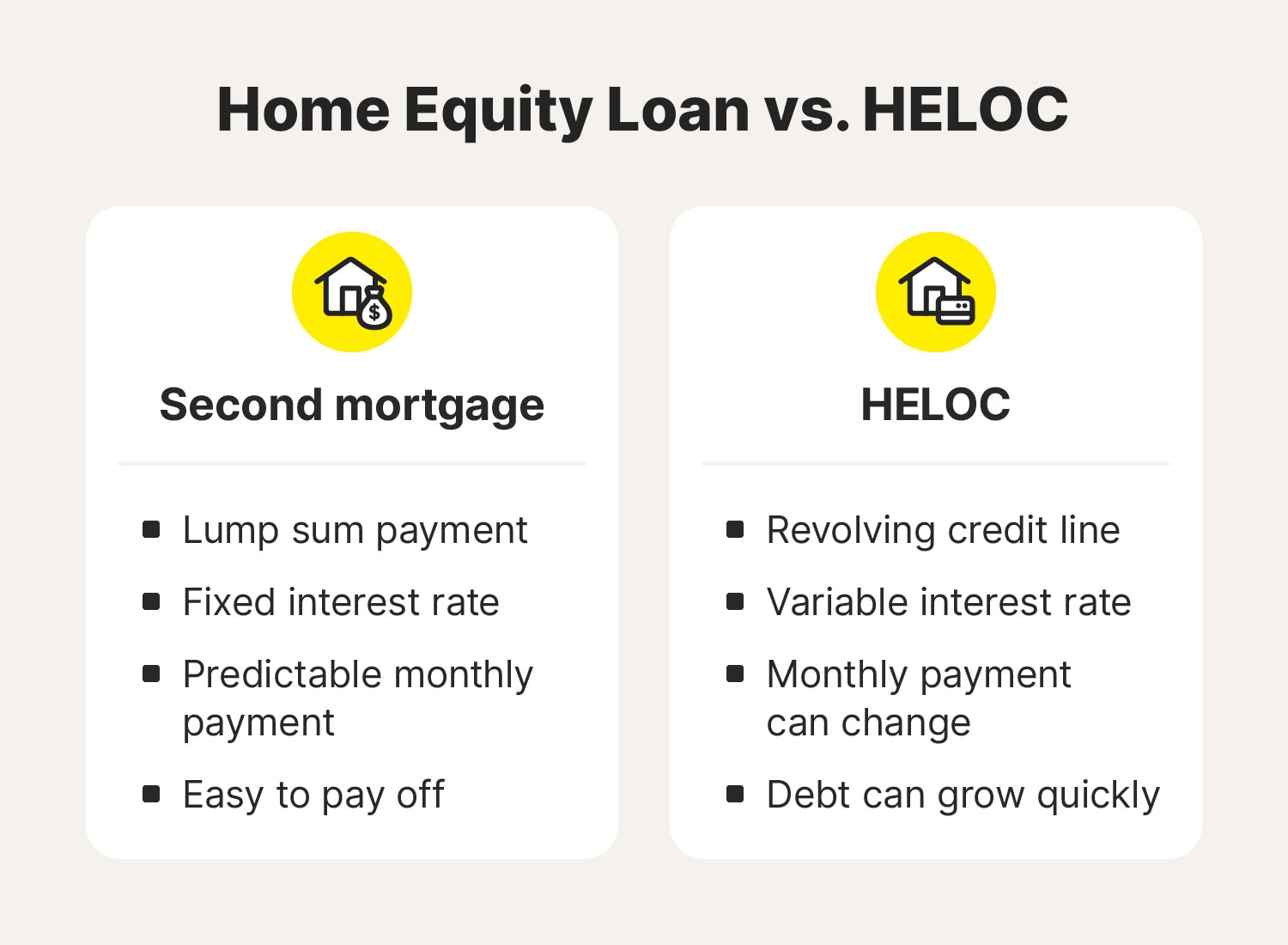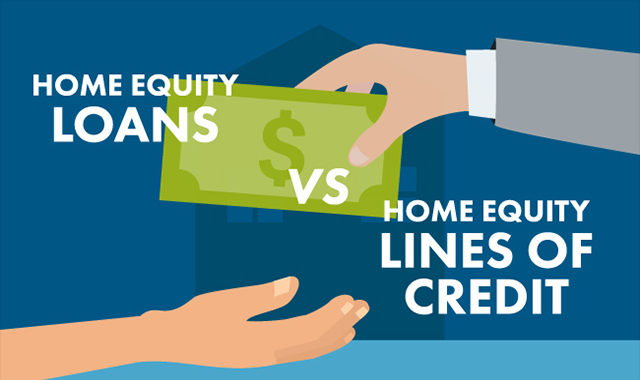Discovering the Different Sorts Of Equity Release Mortgages Available Today
Equity Release mortgages existing numerous choices for home owners aged 55 and over. equity release mortgages. These economic products cater to different needs and preferences, permitting people to gain access to funds from their property. From life time home mortgages to shared gratitude mortgages, each type provides distinct advantages. Comprehending these options is essential for making notified decisions. What aspects should one think about when choosing one of the most suitable equity Release strategy? The information that adhere to might clarify this essential subject
Comprehending Equity Release Mortgages
Equity Release home loans supply property owners, usually those aged 55 and over, with a means to access the worth bound in their home without needing to market it. This financial alternative allows individuals to transform a portion of their home equity right into cash, which can be used for numerous purposes, such as home enhancements, repaying financial obligations, or funding retirement.Equity Release can take various forms, but it fundamentally entails borrowing against the value of the home while retaining ownership. Home owners can choose to get a round figure or a series of smaller repayments, depending on their monetary demands and preferences.Additionally, the quantity available for Release is influenced by the building's worth, the house owner's age, and certain lender standards. Generally, understanding equity Release home mortgages is necessary for house owners to make enlightened decisions regarding taking advantage of their home's equity while considering the lasting ramifications.
Lifetime Mortgages
Life time mortgages represent one of the most preferred types of equity Release. This monetary item permits house owners, generally aged 55 or older, to borrow against the worth of their home while preserving possession. The loan, which is safeguarded versus the home, builds up interest with time yet does not need monthly payments. Instead, the funding and accumulated interest are repaid when the homeowner dies or moves into lasting care.Lifetime home loans supply versatility, as borrowers can choose to get a round figure or choose a drawdown facility, accessing funds as required. Importantly, many plans come with a no-negative-equity warranty, making sure that customers will never ever owe greater than the worth of their home. This function provides satisfaction, enabling individuals to enjoy their retired life without the concern of depleting their estate. On the whole, lifetime home mortgages work as a sensible option for those seeking monetary support in later life.
Home Reversion Program

Drawdown Lifetime Mortgages
While many house owners look for ways to access their wide range, drawdown life time home loans present an adaptable choice that enables individuals to Release funds progressively. This kind of equity Release mortgage allows property owners to obtain versus the worth of their property while retaining possession. Unlike standard life time home loans, drawdown plans allow consumers to access a part of their equity upfront and withdraw additional funds as required, up to an established limit.This function can be particularly useful for those who desire to manage their financial resources carefully, as it lessens interest build-up by only billing interest on the quantities attracted. Additionally, drawdown lifetime mortgages often include a "no negative equity warranty," guaranteeing that consumers will never owe even more than their home's value. This choice matches retirees who want monetary protection and flexibility, allowing them to fulfill unexpected costs or preserve their way of living without needing to sell their property.
Enhanced Lifetime Mortgages
Improved Lifetime Home loans supply distinct advantages for eligible homeowners seeking to Release equity from their properties. Understanding the eligibility criteria is crucial, as it establishes that can gain from these specialized lendings. Nonetheless, it is also important to evaluate the potential drawbacks associated with enhanced options, guaranteeing a well-rounded perspective on their use.
Qualification Requirements Discussed
Understanding the qualification standards for Improved Lifetime Mortgages is essential for prospective applicants looking for to access the equity in their homes. Normally, applicants need to be aged 55 or older, as this age need is common in the equity Release market. Homeowners must possess a residential property valued at a minimum limit, which can vary by lending institution. Notably, the property must be their primary house and in good condition. Lenders usually assess the house owner's wellness status, as specific health and wellness problems may boost eligibility and advantages. Additionally, applicants need to not have existing considerable financial debts protected versus the home. Fulfilling these criteria enables people to discover Improved Life time Home mortgages as a practical alternative for accessing funds connected up in their homes.
Advantages of Boosted Mortgages
After clearing up the qualification criteria, it becomes obvious that Boosted Life time Mortgages use numerous substantial benefits for homeowners seeking to utilize their home equity. Mostly, they supply accessibility to a bigger car loan amount compared to conventional life time home mortgages, profiting those with wellness problems or age-related variables that raise their life expectations threat. This enhanced borrowing ability enables house owners to satisfy different financial needs, such as home enhancements or retirement expenses. In addition, these mortgages generally include flexible settlement alternatives, allowing consumers to handle their financial resources better. The no-negative-equity assurance better assures that property owners will never ever owe more than their building's value, providing assurance. browse this site Generally, Improved Life time Home loans present an engaging alternative for eligible homeowners looking for financial solutions.
Possible Disadvantages Considered
While Improved Lifetime Home mortgages use numerous advantages, potential downsides call for mindful consideration. One substantial issue is the impact on inheritance; the equity launched reduces the value of the estate entrusted to beneficiaries. Furthermore, these mortgages can build up substantial rate of interest in time, leading to a substantial financial obligation that might surpass the original financing amount. There might additionally be restrictions on residential or commercial property alterations or rental, restricting property owners' versatility. Moreover, improved items often require particular health conditions, indicating not all home owners will certainly certify. Finally, handling the fees and charges connected with these home mortgages can be intricate, possibly bring about unanticipated costs. As a result, individuals should thoroughly assess their scenario and get in touch with financial advisors prior to proceeding.
Shared Appreciation Home Mortgages
Shared Recognition Mortgages stand for a distinct financial arrangement that permits home owners to gain access to equity while sharing future residential property worth boosts with the loan provider. This approach supplies prospective benefits such as reduced month-to-month repayments, yet it likewise features drawbacks that have to be carefully thought about. Comprehending the qualification requirements is crucial for those thinking about this alternative.
Idea Overview
Equity Release home loans, particularly in the type of shared admiration home loans, offer house owners an unique economic remedy that allows them to gain access to funds by leveraging the worth of their home. In this setup, a loan provider gives a finance to the homeowner, which is usually settled with a share of the property's future gratitude in value. This indicates that when the homeowner sells the residential property or passes away, the lender obtains a portion of the boosted worth, instead than simply the preliminary funding quantity. Shared admiration mortgages can be appealing for those seeking to supplement their revenue or money substantial expenditures while preserving possession of their home. The monetary ramifications of shared gratitude should be thoroughly considered by potential borrowers.
Advantages and Downsides
Although common appreciation home mortgages can supply significant financial advantages, they additionally feature significant drawbacks that possible consumers need to take into consideration. These mortgages allow home owners to gain access to equity in their buildings while sharing a part of any future appreciation with the loan provider. This arrangement can be helpful during times of increasing residential property values, using substantial funds without regular monthly settlements. The main disadvantage is the possible loss of equity; house owners might finish up with appreciably decreased inheritance for successors. Additionally, the complexity of the terms can cause misconceptions pertaining to repayment responsibilities and the percent of appreciation owed. Therefore, it is necessary for borrowers to weigh these elements thoroughly prior to devoting to a common appreciation mortgage.
Qualification Demands
What requirements must property owners meet to get a common appreciation home loan? Mainly, candidates have to be at the very least 55 years of ages, assuring they are within the target market for equity Release items. In addition, the property has to be their main residence and typically valued over a defined minimum threshold, usually around ? 100,000. Lenders additionally evaluate the homeowner's economic conditions, including revenue and arrearages, to determine they can manage the home loan responsibly. Notably, the home needs to be in excellent condition and without significant lawful encumbrances. House owners should likewise have a clear understanding of the terms, consisting of how recognition will certainly be shared with the lending institution upon sale or transfer of the residential or commercial property, as this influences overall returns.
Picking the Right Equity Release Choice

Regularly Asked Questions
What Age Do I Required to Be for Equity Release?
The age need for equity Release generally starts at 55 for the majority of plans. Nonetheless, some carriers may supply choices for those aged 60 and above, showing differing terms based on specific scenarios and loan provider policies.
Will Equity Release Impact My Inheritance?
Equity Release can influence inheritance, as the quantity borrowed plus rate of interest minimizes the estate's value. Successors may obtain much less than prepared for, relying on the residential property's appreciation and the overall financial debt at the time of passing.
Can I Relocate Home With Equity Release?
The inquiry of relocating house with equity Release occurs regularly. Usually, individuals can transfer their equity Release plan to a brand-new home, however details conditions may apply, calling for consultation with the loan provider for support.
Exist Costs Connected With Equity Release Mortgages?
Costs connected with equity Release mortgages can include arrangement charges, assessment charges, and lawful prices. In addition, there might be early payment fees, which can impact the overall cost and financial effects for the borrower.
Exactly How Does Equity Release Effect My Tax Circumstance?
Equity Release can influence one's tax scenario by potentially raising taxed earnings, as released funds are thought about capital. Nonetheless, it typically does not sustain prompt tax obligations, making it vital to get in touch with an economic consultant for personalized advice.
Verdict
In summary, the range of equity Release home mortgages available today provides homeowners aged 55 and over several paths to access their property's worth - equity release mortgages. Whether choosing a lifetime home loan, home reversion strategy, or various other alternatives, each choice offers distinctive advantages tailored to individual financial requirements. Cautious factor to consider and appointment with a financial advisor are necessary to ensure the selected equity Release option straightens with monetary scenarios and individual goals, eventually assisting in educated decision-making for a safe and secure financial future. Equity Release home loans existing numerous options for property owners aged 55 and over. Equity Release mortgages provide house owners, typically those aged 55 and over, with a method to access the worth connected up in their residential property without requiring to sell it. Enhanced Life time Home loans provide distinct benefits for eligible homeowners looking for to Release equity from their buildings. Equity Release home loans, especially more information in the kind of shared appreciation home mortgages, use property owners an one-of-a-kind financial remedy that enables them to gain access to funds by leveraging the value of their home. In recap, the range of equity Release home mortgages offered today supplies home owners aged 55 and over several pathways to access their home's worth
 Jaleel White Then & Now!
Jaleel White Then & Now! Judge Reinhold Then & Now!
Judge Reinhold Then & Now! Lynda Carter Then & Now!
Lynda Carter Then & Now! Dolly Parton Then & Now!
Dolly Parton Then & Now! Robin McGraw Then & Now!
Robin McGraw Then & Now!